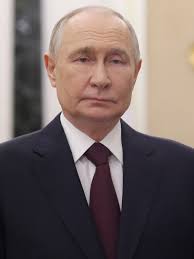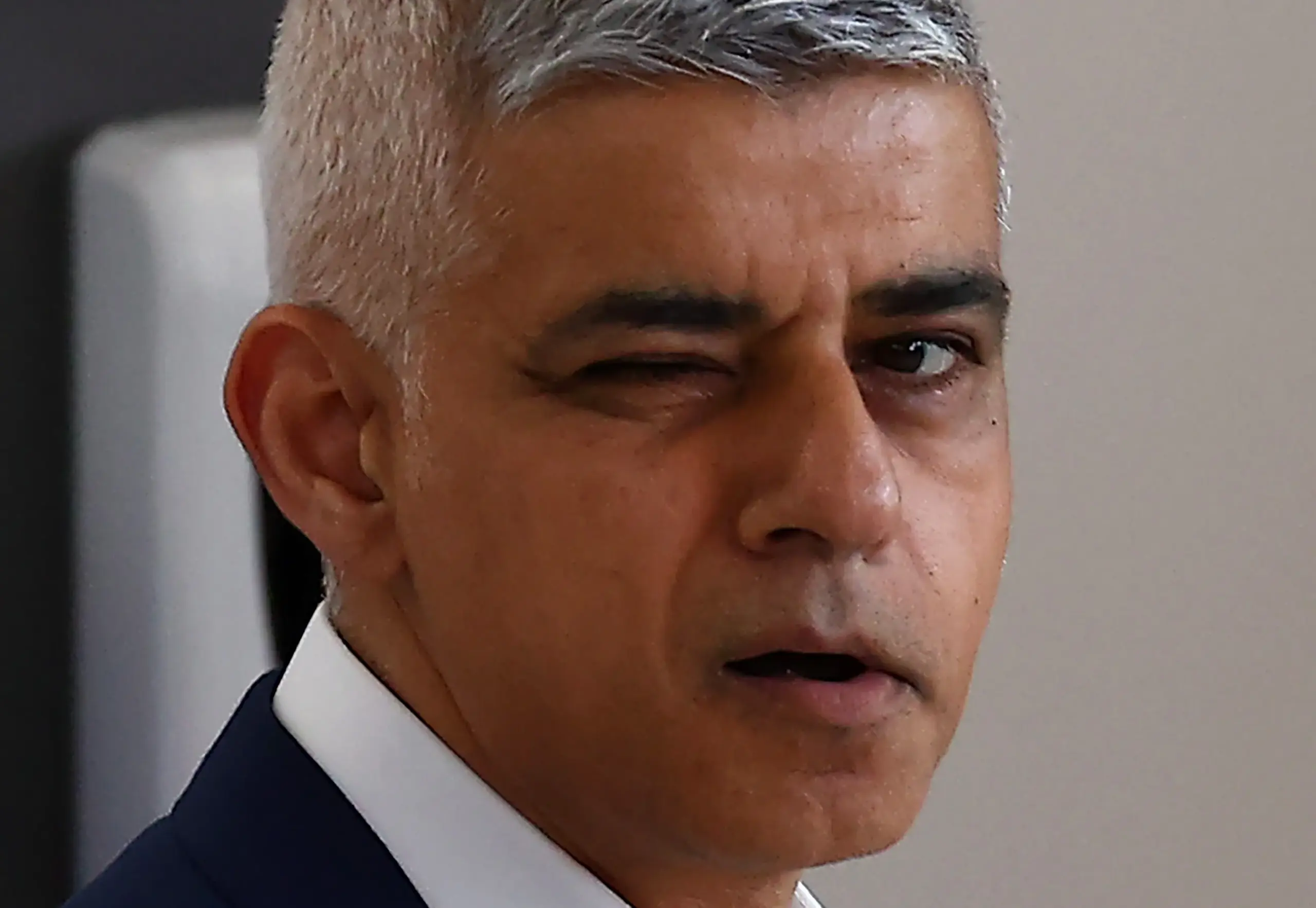
The Current State of Russia under Putin
The leadership of President Vladimir Putin remains a pivotal element in both domestic and international politics, particularly in 2023. The significance of leadership during these tumultuous times has seen Russia grappling with economic sanctions and geopolitical isolation due to its ongoing conflict with Ukraine, which began in 2022.
Recent Developments
As of late 2023, Putin’s administration has been facing increasing pressure from the West. Sanctions imposed by several countries, including sanctions on oil exports, have significantly affected the Russian economy. In October 2023, the World Bank estimated that Russia’s economy contracted by approximately 3%, indicating severe repercussions from the prolonged conflict and international isolation.
Military and Political Strategies
Despite these challenges, Putin has maintained a firm grip on power, often leveraging nationalistic sentiments to bolster support. In recent speeches, he has stressed the narrative of external threats to Russian sovereignty, galvanising public support around military actions in Ukraine. Putin’s strategies include increasing military expenditure while attempting to strengthen alliances with other nations outside the Western sphere, notably in Asia and the Middle East.
Human Rights and Domestic Issues
On the home front, human rights violations have been reported extensively. The crackdown on dissent continues, with numerous activists imprisoned or forced into exile. This repression has been critical in maintaining Putin’s control but has also incited criticism from global human rights organisations. Protests have erupted sporadically throughout Russia against the war, though they often face swift government suppression.
Looking Ahead
Looking ahead, analysts speculate that Putin’s presidency faces pivotal crossroads. The Russian populace appears divided, with many feeling the strain of economic sanctions, while others rally around nationalist efforts. The future landscape will likely revolve around the outcomes of the Ukraine conflict, as the durability of Putin’s regime might hinge on national fulfilment of foreign policy objectives.
Conclusion
The complexities of Russia under Putin cannot be understated. As 2023 progresses, both domestic pressures and international interactions will be crucial in shaping the country’s path forward. Understanding these dynamics is essential for comprehending the wider implications not only for Russia but also for global stability and security.
You may also like

The Leadership of Sadiq Khan in London

Russian Activity in Pokrovsk, Ukraine: Current Developments

The Role of the King of Jordan in Contemporary Politics
SEARCH
LAST NEWS
- Remembering Wendy Richard: The Promise to Co-Star Natalie Cassidy
- How Did Anglian Water Achieve an ‘Essentials’ Rating for Mental Health Accessibility?
- Shai Hope Leads West Indies in T20 World Cup Clash Against South Africa
- What We Know About Weston McKennie: Future at Juventus and Past at Leeds
- What We Know About the Upcoming Live Nation Antitrust Trial